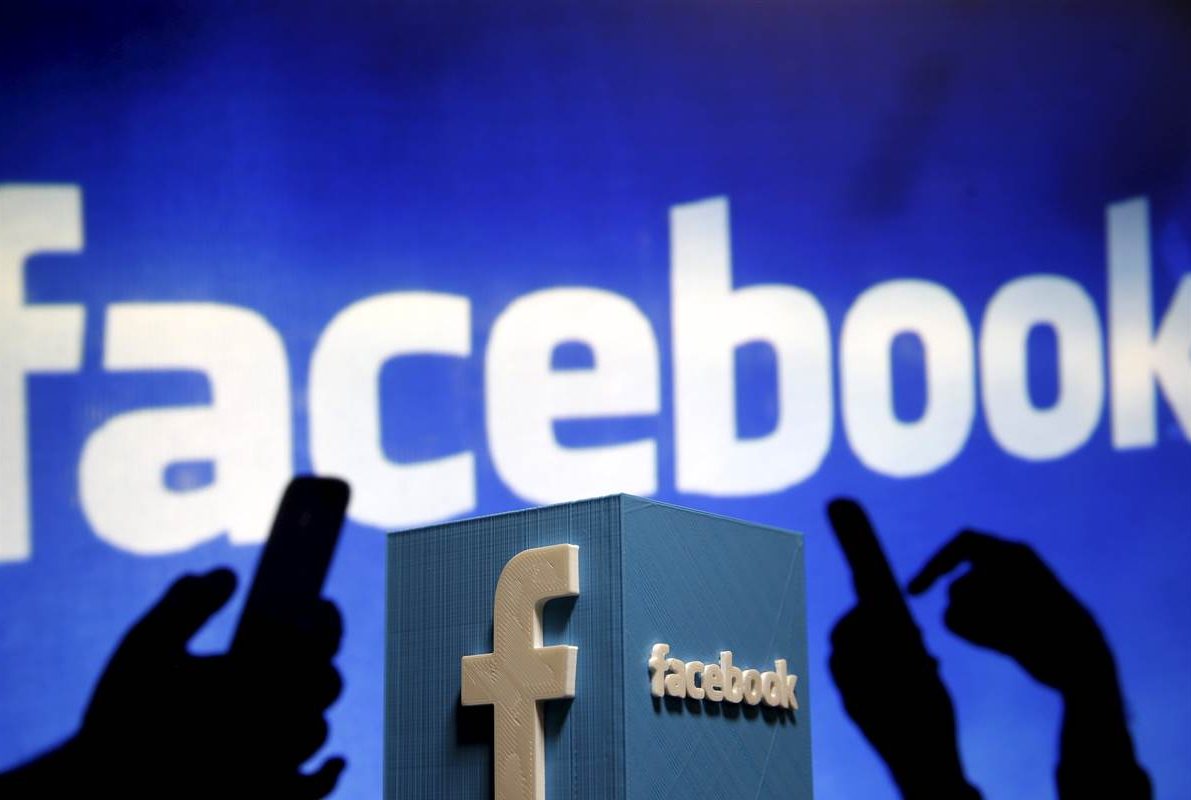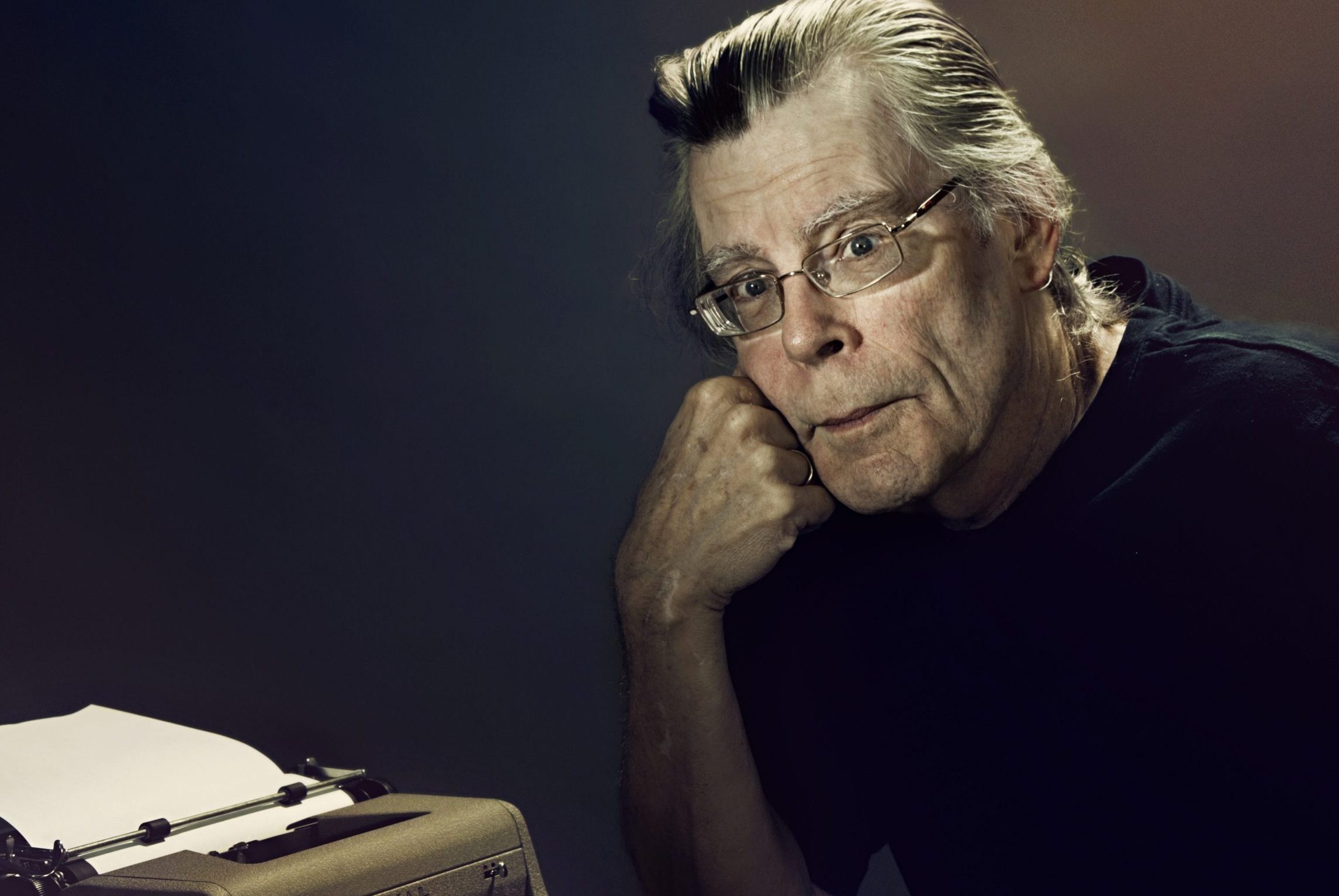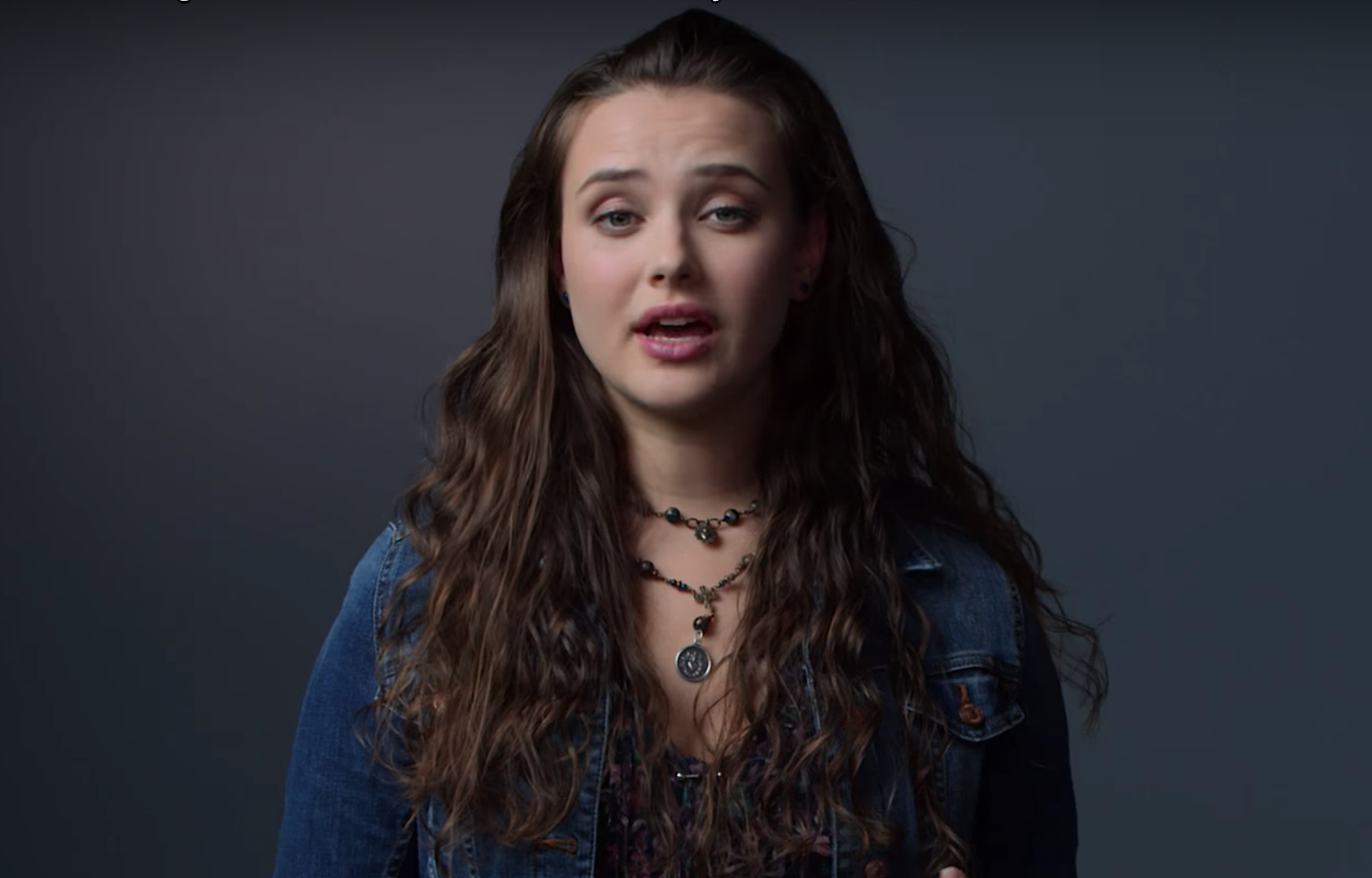
Steven Spielberg Has a Problem With Netflix, Too
Spielberg joins the growing list of filmmakers who believe Netflix’s movies don’t deserve Academy Award nominations.
While promoting his new film, Ready Player One, the legendary director recently shared the opinion that productions owned by the streaming giant do not belong in the same category as Hollywood pictures.
Being interviewed by the British network ITV, Spielberg explained that direct-to-streaming movies are “a clear and present danger to filmgoers.” He also took the opportunity to express his disapproval of Netflix’s strategy to get into various award nominations races, which is to give self-produced or acquired movies a limited theatrical release during carefully selected periods in order to qualify (while making them available online at the same time or just after). “I don’t believe films that are just given token qualifications in a couple theatres for less than a week should qualify for the Academy Award nomination,” he added.
Instead, the director trusts that original movies from streaming services belong to the television landscape. “If you commit to a television format, you’re a TV movie,” said Spielberg, in the meantime not excluding the possibility of Emmy runs for such creations. “A good show deserves an Emmy, but not an Oscar.”
Watch the full interview, below.
Not alone
It’s not the first time a director slams Netflix and the likes for attempting to break into Hollywood’s very closed circle to secure prestigious prizes. Last year, Christopher Nolan didn’t hold back, jumping on every opportunity to criticize the concept of streaming platforms (and especially Netflix). “Netflix has a bizarre aversion to supporting theatrical films,” he said. “They have this mindless policy of everything having to be simultaneously streamed and released, which is obviously an untenable model for theatrical presentation.”
But it’s during the 2017 Cannes Festival that whether Netflix’s movies belonged in distinguished cinema events was truly put to the test. The presence of Bong Joon-ho’s film Okja and Noah Baumbach’s The Meyerowitz Stories in the festival’s lineup infuriated many distributors for admitting movies that hadn’t been released in French theatres. To make things worse, Okja‘s press screening suffered technical difficulties, making it unwatchable for reporters and critics who didn’t miss a chance to boo the disastrous performance. The mishap later forced the competition’s organizers to apologize to Netflix and director Joon-ho after rumors circulated that staff members voluntarily sabotaged the showing…
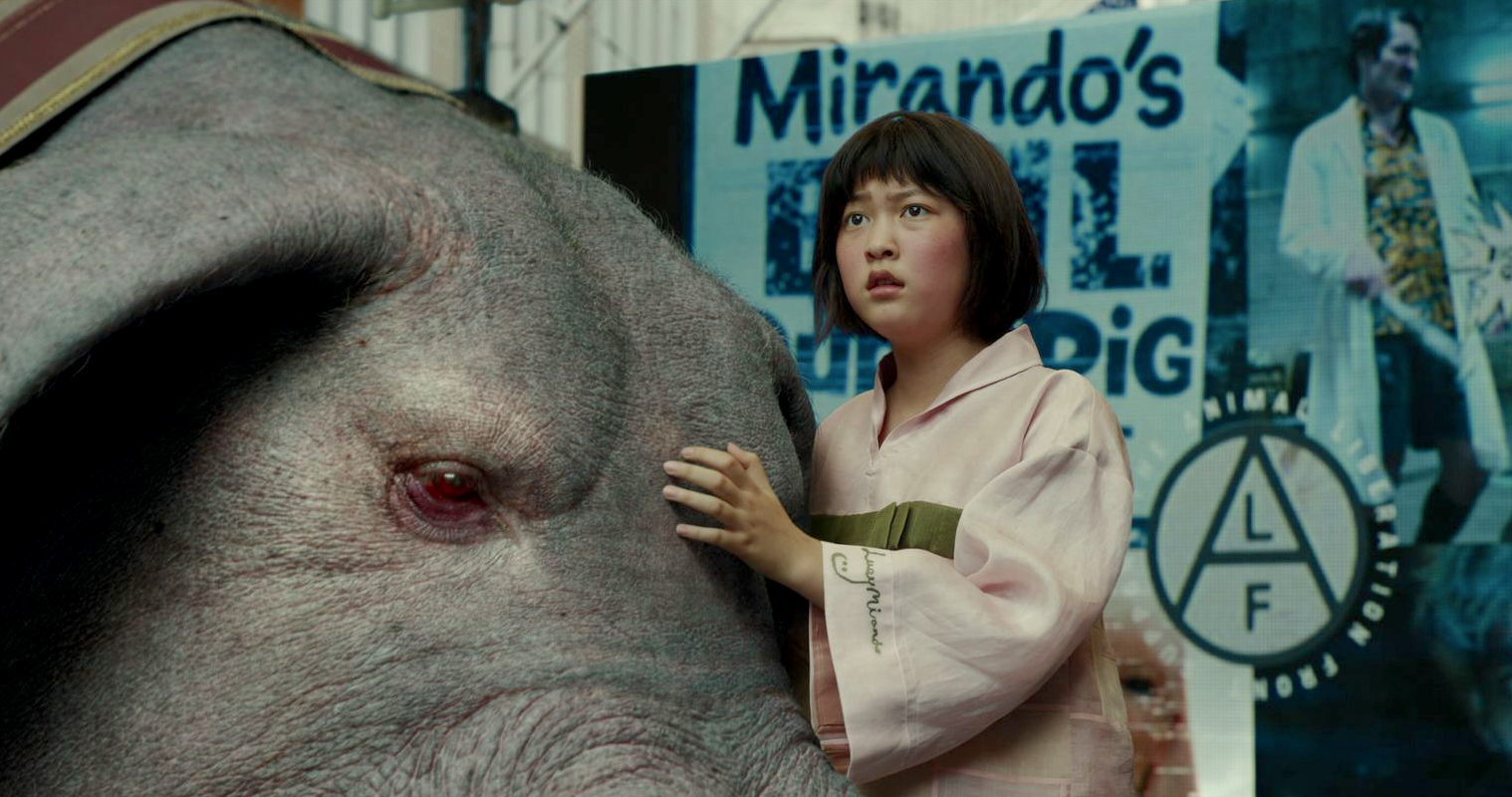
Yesterday, we learned that the famous event will from now on ban all Netflix movies from competing for a Palme d’Or following its decision not to release them in theatre. “The Netflix people loved the red carpet and would like to be present with other films,” stated Thierry Frémaux, director of the festival. “But they understand that the intransigence of their own model is now the opposite of ours.” The new rule, however, doesn’t prevent Netflix from showing movies for marketing purposes only.
A problem with quality or just afraid of change?
One could question the reasoning behind so much hostility against streaming movies. Are they really not good enough to compete in the same category as others made mainly for theatre? Some recent success stories surrounding Netflix productions actually tell us otherwise.
In 2016, Ava Duverney’s Netflix Original documentary, 13th, which questioned the enforcement of America’s Thirteenth Amendment, asserting that slavery is still perpetuated in practices in the U.S., was praised by critics. A triumph that earned it a nomination for the Academy Award for Best Documentary Feature at the 89th Academy Awards while it won the Primetime Emmy Award for Outstanding Documentary or Nonfiction Special at the 69th Primetime Emmy Awards.
Some reviewers even deemed it one of the best films of 2016.
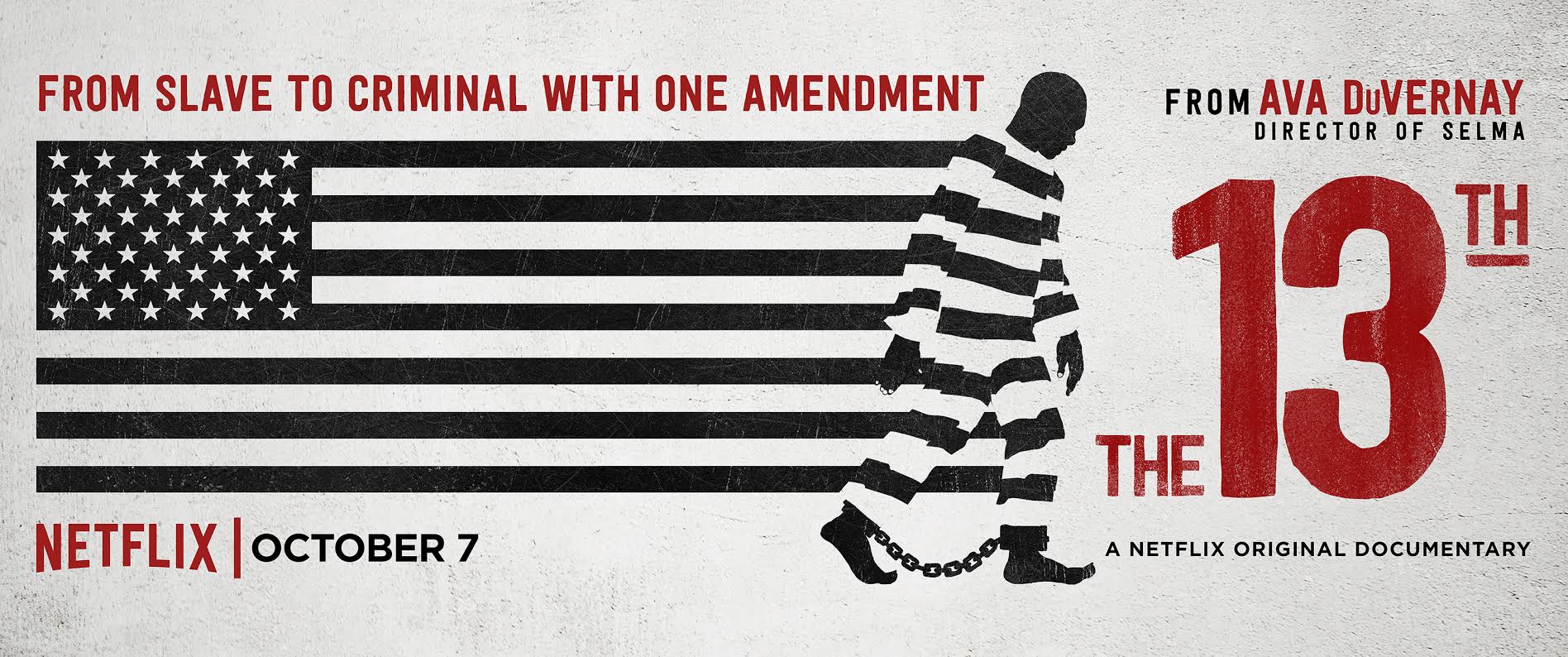
As for this year, critically-acclaimed Mudbound, from director Dee Rees, also received a few Oscar nominations, including for Best Cinematography, Best Adapted Screenplay and Best Supporting Actress. Not to mention Bryan Fogel’s documentary, Icarus, exploring Russia’s doping scandal, which won the Academy Award for Best Documentary Feature.
Many more Netflix films, like Beasts of No Nation, First They Killed My Father, Jim & Andy: The Great Beyond, can’t be disregarded and are unquestionably challenging the opinion that theatre-released movies always have more merit (take The Mummy or The Dark Tower for proof).
The real reason why filmmakers are trying to keep Netflix away from their territory probably lies in how much they depend on tickets sales, adding up to their obvious fear of change. The world of entertainment is moving at a much faster pace than when Spielberg was at the peak of his career – just like when the early age of TV shook the cinema industry, streaming services are doing the exact same. “You’re spending more money to reach less people and to less effect,” explains Adam Goodman, former Paramount President.
While Netflix has a problem getting along with big movie directors, Hollywood has a bigger one having to accept the future, whether it likes it or not.

